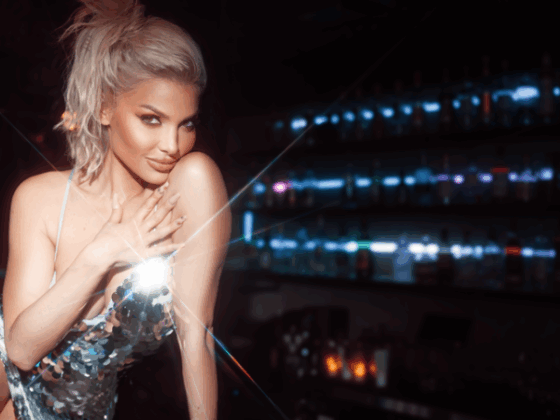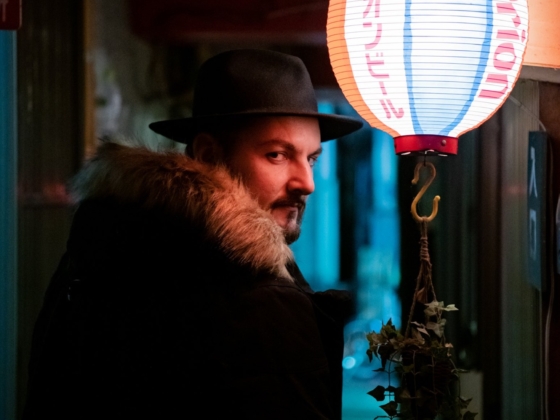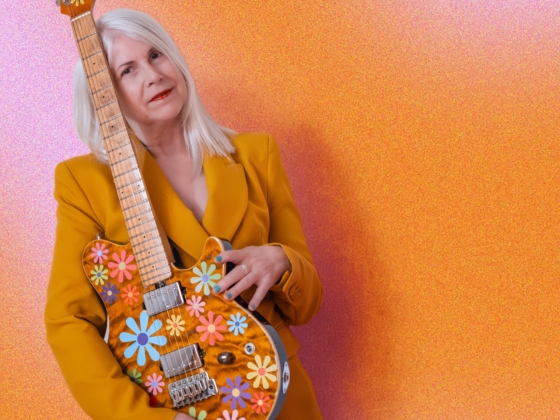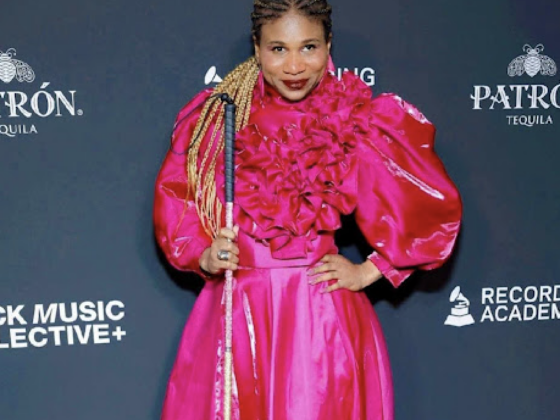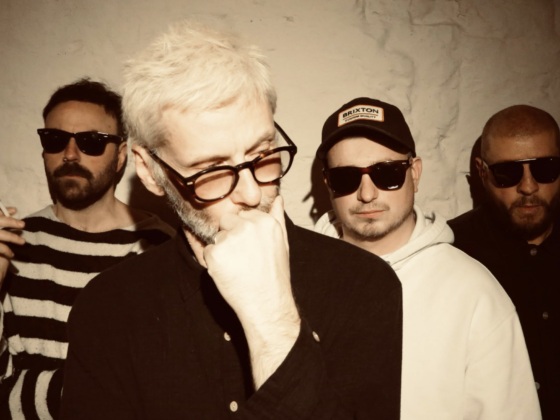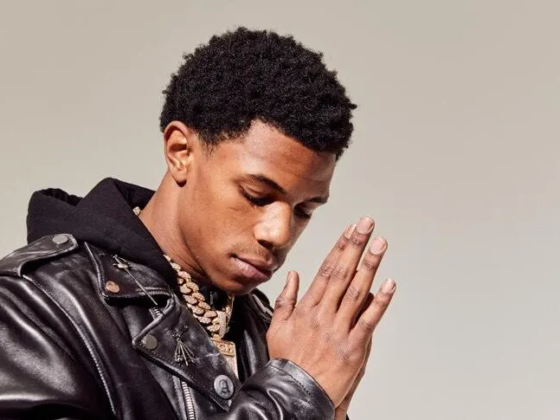New York-based alt-folk singer-songwriter Amy Jay has released her new single, “Margins.”
A tease for her upcoming full album Mnemonics, “Margins” is based on the concept of having to deal with your circumstances even when they’re difficult; “face the fear, don’t go around it.”
Having been inspired by a time Amy Jay was startled by her own shadow, she sings “the monster in the margins/coming to get me/so I turn on the lights/my shadow appeared and spooked me.”
To mark the release of “Margins,” Amy Jay took the time to answer some questions about her upcoming album.
Can you tell me a bit about working on the upcoming album?
Working on the album was both the most empowering and most vulnerable recording experience to date. I really let myself lean into the sense of who I am, having fun, following my gut, speaking up when things felt incongruent with that, and also knowing my limits to let the musicians work their magic.
Essentially, the art was a byproduct of the inner work. In the studio, we really played with sounds, experimented, and really just enjoyed it. It makes things easy when the band and producer are so talented too. If I could capture those weeks in the studio and relive them, I would in a second.
You’ve talked about using mnemonics while writing the album; how did they factor into your process?
So the concept of mnemonics actually came after the songs were written. When looking at the demos as a whole and thinking about the album, I realized I was singing truths to myself from all the emotional gains I had made. As I was listening to the demos, I could hear the struggles and the wins and the pain and real peace, and it was crazy how much I grew personally over the course of writing these songs.
Mnemonics felt like the perfect summation–I didn’t want to forget how far I came, and the more I keep singing them, the more they crystallize in my body.
You’ve asked, “What makes the universe specific?” Could you tell me more about that?
I’d love to – I noticed the more specific I got in my lyrics (not just narrating the obvious but also writing from my literal depths), the more relatable they became. This was the first album that I played live before I went into the studio.
I assumed singing these super vulnerable lyrics would leave me with an emotional hangover and empty in a crowd because often in my head it feels like I’m the only one in the room publicly reading soul on a scroll. But instead, I kept having people react with resonance, not judgement or criticism–ironically, this is exactly the kind of narrative this album is aiming to reverse for myself.
What has the trajectory of your career been like so far?
It’s been generally slow and steady, which I am grateful for, because had it gone faster, I wouldn’t have been prepared. I am always learning, and since the first EP in 2016, I focused on personal growth of things I can control rather than climbing the imperceivable ladder that is the music industry.
Up until 2020, that was working for me, and I finished recording my debut LP Awake Sleeper the week the world shut down. COVID definitely slowed the wind in my sails to stillness, it seemed, and I had a ‘come to Jesus’ moment where I needed to decide whether or not it was worth it for me to continue, and in what capacity.
I changed my definition of success for myself and focused on connecting with other songwriters to commiserate, and that made all the difference to be able to continue. I also have a solid team now that is supportive and involved, and makes doing this independently much more sustainable.
You’ve molded together folk music and indie rock for the new album; how did you find doing that?
It was a natural progression for me, possibly because of what I was listening to at the time, or my writing style evolution. It was purely subconscious while writing, but when it came to making production choices in the studio, it was clear this album would be both heavier and simpler than my past projects. I also have been leaning more into the folk scene and noticed I have picked up folk writing tendencies. But I really think that this evolution was happening to me under the surface completely.
The songs on your album are decently long–was that a conscious choice?
Everything I write is a conscious choice in the end, but while writing, I don’t really focus on form as much as what I am trying to communicate is coming through. Sometimes that can be said in 30 seconds, sometimes in 6 minutes.
Part of the song length is creating a feeling for the listener.
Some songs linger to represent that the content is an ongoing struggle or a long process for me. I am a person driven by metaphor and concept–I’m also a graphic designer, which very much has informed my songwriting process. So, for example, if I am feeling anxious while writing a song, the song may evoke anxiety in some sonic way, either through a repetitive guitar part, an extra verse, a shaky vocal part, tension in the harmony, etc.
What’s next for you and the album?
I have my release show in October and plan to tour more in the spring, alongside putting out some fun music videos. I am coming up with ideas for another huge future concept album, and also, may potentially dip my toes in the theater world. We will see!
Amy Jay’s album Mnemonics will be released on November 7.


